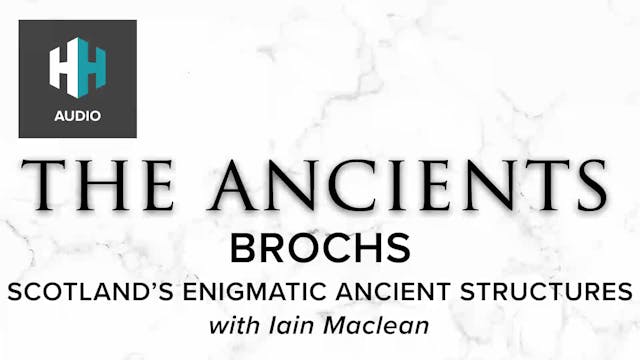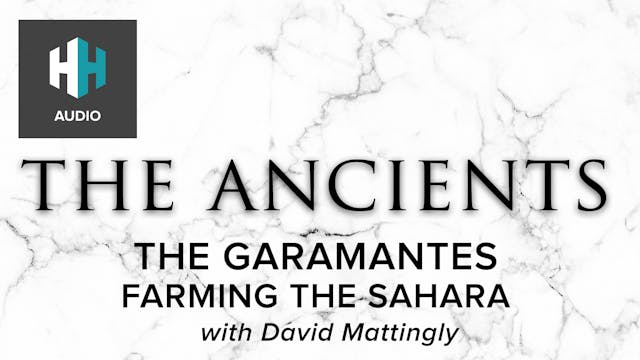🎧 Spartacus: Life or Legend?
🎧 The Ancients
•
46m
‘I’m Spartacus!’ In the field of epic film making, the 1960 historical drama ‘Spartacus’, is legendary. Directed by Stanley Kibrick, adapted from the Howard Fast novel by Red Scare blacklisted screenwriter, Dalton Trumbo, and starring Kirk Douglas, Laurence Olivier, Peter Ustinov and Jean Simmons; it is a classic. But how much of the plot has emerged from the true story of a Thracian gladiator and slave who escaped his Roman captors and led an unsuccessful but impressive rebellion against their oppressors? How much of the film’s message was formed by the personalities involved in its creation, and the context in which it was made. In her own words, Dr Fiona Radford devoted years of her life to the man with the most memorable chin cleft in the world - Kirk Douglas, specifically as Spartacus. Her thesis traced the production history of this film, examining in particular the effect that the turbulent process had on the portrayal of female characters. Having taught at Macquarie University, ANU and the University of Sydney, she currently teaches history at secondary school level, and her conversation with Tristan in this episode is an eye-opener to 1950s film making as well as the legend of Spartacus.
Up Next in 🎧 The Ancients
-
🎧 Old Testament Warriors
From 478 BCE until 404 BCE, a collection of Greek city-states were united under the leadership of Athens. Beyond inscriptions and a few minor sources, there is very little to tell us about life within this empire … that is, except the works of Thucydides, an Athenian historian and general who wro...
-
🎧 Brochs: Scotland's Enigmatic Ancien...
Early archaeologists believed that they must have been built by the Danish, that the indigenous population could never have managed it. More recent suggestions have been that architects travelled Scotland, spreading the plans for these Iron Age ‘round houses on steroids’. Iain Maclean came on The...
-
🎧 The Garamantes: Farming the Sahara
Greco-Roman historians including Herodotus, Tacitus and Pliny the Elder would have us believe that the Garamantes were simple uncivilized cattle herders, living in sporadic camp dwellings. Until archaeological excavations began in the 1960s, this categorisation remained in place. Luckily, archaeo...



